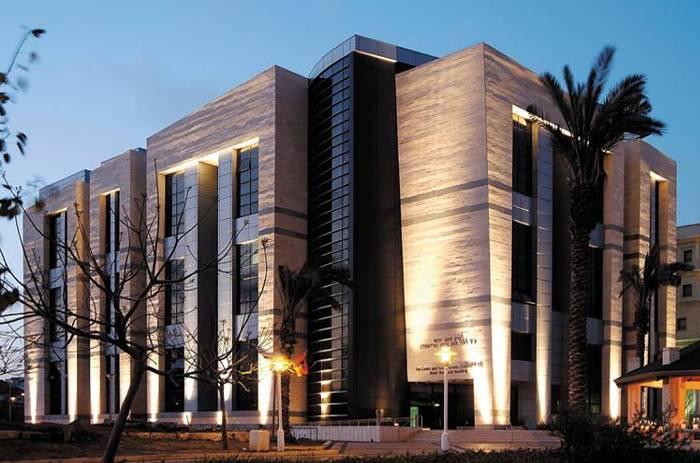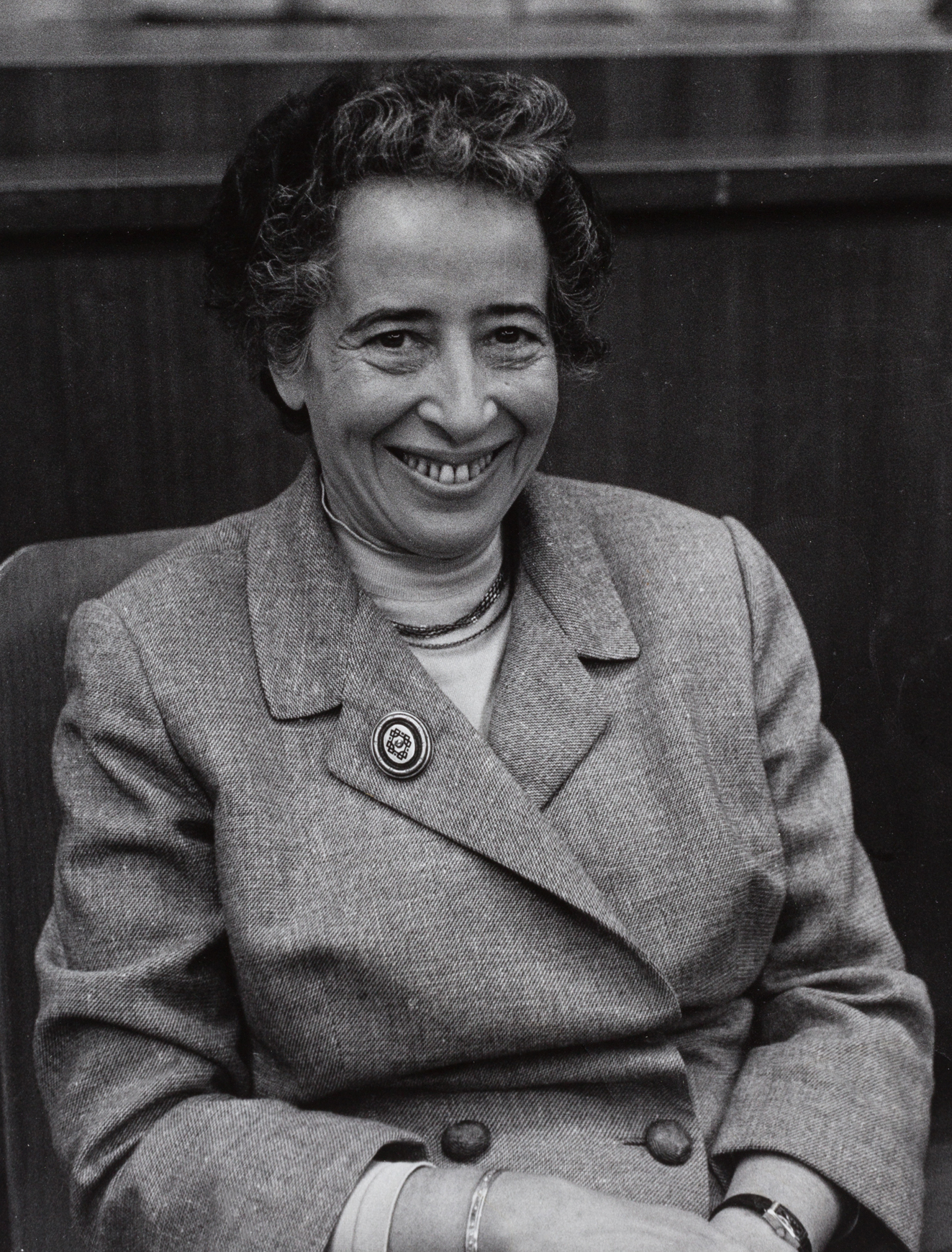Debatte aims to share knowledge – generously and critically, resisting the authoritarian drift with nuance. It draws on ideas and discussions from the Alliance for Critical Scholarship in Solidarity (KriSol). It offers three genres: Picks are short, introductory texts or commentaries on articles by other authors and published elsewhere, which we consider important and want to share with a wider public. Drops recommend publications by KriSol members. Posts are longer contributions that we write ourselves or ask others to write – reflections, reports, reviews, letters, short reports, comments, interviews …
-
Japanese government seeks to deprive the Science Council of Japan of its autonomy
Japan is not an exception to the threats against academic freedom even in ostensibly “liberal democracies”. A bill passed by Japan’s Legislature seeks to dissolve the Science Council of Japan (SCJ), the country’s national academy, and establish a “new” SCJ that lacks autonomy and will be more vulnerable to government interference. The suspected purpose is to subject the sciences to the interests of the military-industrial complex in Japan.
-
Ruling by the German Federal Constitutional Court with Implications for Arms Deliveries to Israel
German support for US drone attacks in Yemen does not violate fundamental rights, the Federal Constitutional Court has ruled. Despite the disappointing outcome of the proceedings, Sué González Hauck and Jens Theilen argue that there are incipient legal standards contained in the judgment that prevent the supply of weapons to Israel.
-
Refusal to cooperate with Israeli institutions
To date, 300 academics in and from Germany have signed a German version of the “Uppsala Declaration” and, for reasons of conscience, have declared their refusal to cooperate with the Israeli state and Israeli institutions involved in genocide and occupation. This is expressly NOT a boycott of individual Israeli academics.
-
“Don’t Woman Life Freedom Us, You Murderers!”
With their statement, the feminist collective Roja is fighting back against attempts to exploit the Iranian and Kurdish women’s and freedom movements for Israel’s wars, as well as against the exploitation of the “Twelve Days War” for repression in Iran.
-
An invisible university for Ukraine and the rest of the world
An anthology by teachers and students on what can be learned from the war in Ukraine: a realignment of the relationship between research, teaching, and civic engagement; the integration of academic knowledge with existential experience; and the recognition that the “fog of war” will remain an epistemological challenge.
-
Fascism – normality, not exception
Are we on the road to fascism, has fascism long since arrived, or is the concept of fascism no longer valid today? These are questions that many people are asking themselves today. Alberto Toscano’s latest book reformulates them in such a way that the relevance of the term fascism becomes clear in a different way: fascism and capitalist liberal democracy are always interrelat-ed and belong together—and are experienced very differently by different groups.
-
Dossier on the Jerusalem Declaration on Antisemitism (JDA)
Peter Ullrich presents a detailed overview of the Jerusalem Declaration on Antisemitism (JDA) in the antisemitism dossier of Clio-Online, the academic portal for historical studies, as a counterproposal to the IHRA definition and an attempt at correction. The dossier explains the background, the process of its creation, and the main characteristics of the Jerusalem Declaration on Antisemitism (JDA) and its definition, and addresses points of criticism.
-
RIAS reports on “antisemitic incidents” under scrutiny
No doubt antisemitism is increasing dramatically – in its narrow definition as hostility toward Jews because they are Jews. Nothing would be more necessary than careful statistics, a reliable database, and appropriate monitoring to better understand its forms, causes, extent, and locations, regardless of political affiliation, and to combat it more effectively. Unfortunately, however, RIAS (the Federal Association of Research and Information Centers on Antisemitism) works with premises and under conditions that conflict with good academic practice.
-
The Serbian government’s revenge on students and professors
For the past six months, the conflict between universities and civil society on the one hand and the government on the other has been escalating in Serbia. Adriana Zaharijević and Jana Krstić have compiled a chronology of events, from the protests against corruption following the collapse of the train station in Novi Sad at the end of 2024 to the government’s current plans for revenge and repression against universities.
-
From bystander to accomplice
Agata Lisiak picks the latest book by Sarah Schulman, “The Fantasy and Necessity of Solidarity”, which, part political memoir, part manual, rethinks solidarity at a time when it is no longer enough to practice it only among equals, in horizontal unity: when one has to forge alliances and fellowship also vertically, at other levels of power, to create more justice for all.
-
Organized irresponsibility. Judging Gaza in light of Auschwitz
After the Holocaust, Hannah Arendt described the blurring of responsibility and organized complicity in the perpetration of crimes against humanity in connection with the abuse of language. Functionalized language obscures reality and destroys our ability to judge. This article spells out how Arendt’s political lessons should be understood in relation to German support for the crimes in Gaza.
-
Moral failure – Gaza, knowledge, and responsibility
In this short book, Didier Fassin writes about how the world has failed to end the destruction of Gaza. He sees it as an archival contribution so that someday the distortion of values, language, and knowledge about what is happening before our eyes can be named with truth and hope. There is nothing in it that we do not already know. That is precisely why the book confronts us with the abyss of moral failure.
-
Does the fixation on the term “genocide” desensitize us to new genocides?
The abridged version of Dirk Moses’ work “Problems of Genocide” (2021), published in German in 2023, must be read in light of the events in Gaza and offers an interpretation that leads out of the dilemma that genocides are always only recognized when it is too late. But instead of reading the book, Dirk Moses is being slandered in Germany for allegedly trivializing the Holocaust.
-
Wrong signals: State visit to Israel in sight of genocide
In this short guest commentary, published at short notice in the taz newspaper, Krisol members protest against the German government’s courting of the Israeli government and denounce the complete denial of reality in German policy towards Israel, after Krisol’s appeal to the German President went unheard.
-
Statement from peace and conflict research against German raison d’état and self-censorship
Claudia Brunner was one of the initiators of this statement against the threat to academic freedom posed by the discourse on raison d’état, which was discussed controversially but with broad approval at a general meeting of the AFK, the umbrella organization for peace and conflict researchers in German-speaking countries, on March 20, 2025.
-
The controversy surrounding the memorial to the Sinti and Roma of Europe murdered under National Socialism
In Forum Wissenschaft, the quarterly journal of the Federation of Democratic Scientists, Alexandra Senfft describes the failure of the German culture of remembrance with regard to the crimes committed against the Sinti and Roma. It is now important to see this failure as part of the overall problem of the culture of remembrance.
-
Peter Beinhart in conversation with Karen Attiah about being Jewish
Peter Beinhart is a journalist and columnist in the United States who is well known to anyone interested in Jewish life, Israel and the genocide in Palestine. He recently published a very personal book called “Being Jewish after the Destruction of Gaza. A Reckoning”.
-
Torture state, kleptocracy, Salafism, and the crisis of representation
Hannah Arendt’s thinking revolved around what is worse than death: torture. In his book “Darstellung des Schrecklichen. Versuch über das zerstörte Syrien” (Depiction of the Horrible: An Essay on Destroyed Syria), Syrian author and journalist Yassin Al-Haj Saleh, who lives in exile in Berlin, describes Assad’s system of torture and draws conclusions that remain relevant even after Assad’s demise and beyond Syria’s borders.
Selected and offered by KriSol – A Space for Debate
The Editorial Collective currently consists of Marion Detjen, Julia Eckert, Isabel Feichtner und Christian Strippel.




